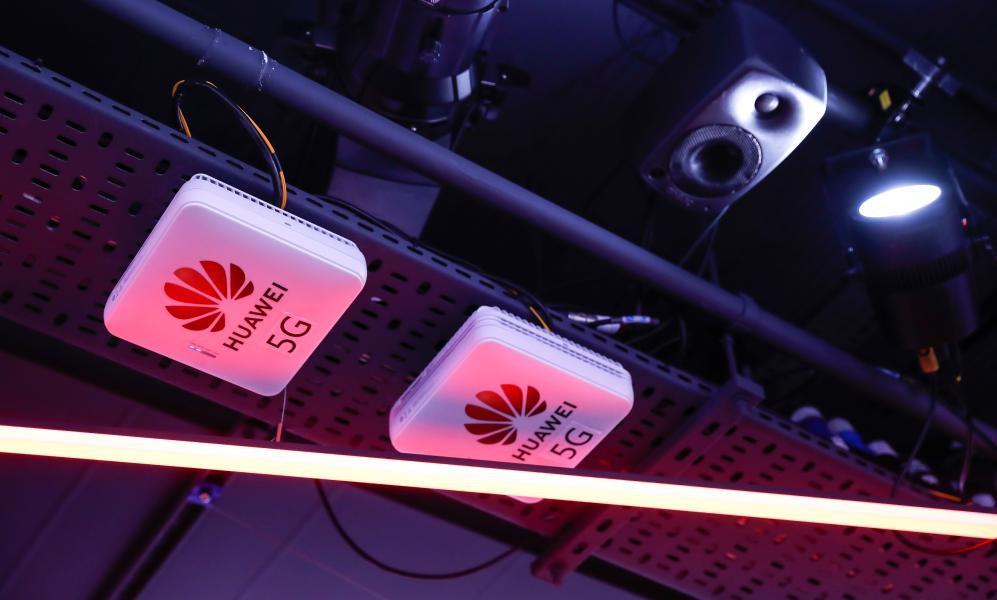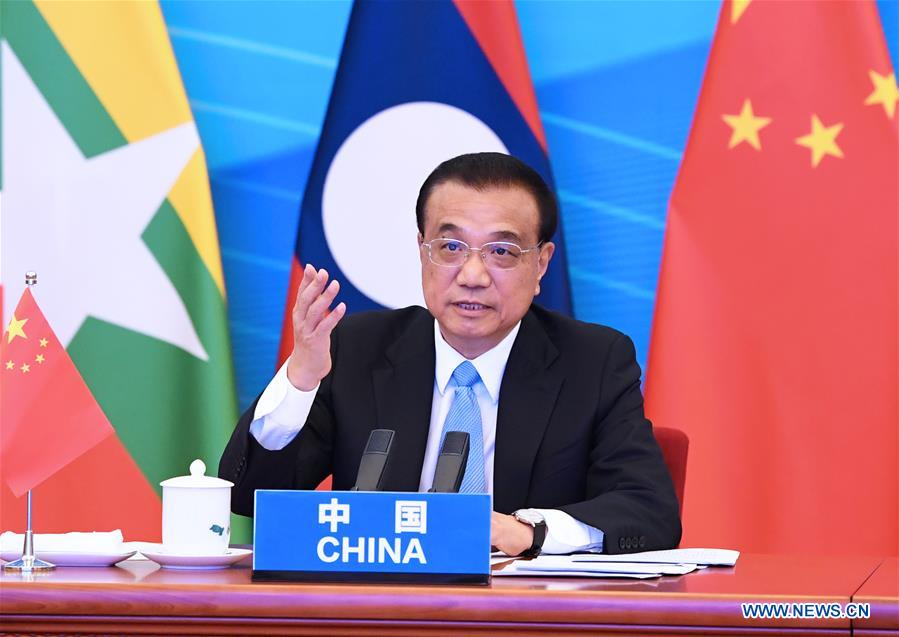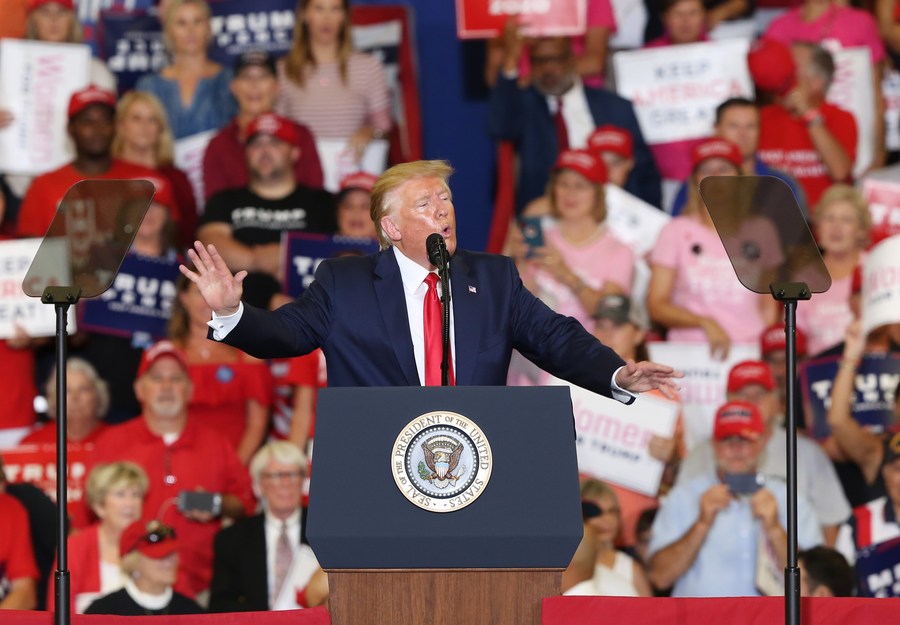-- With the latest move, Washington "further restricts Huawei from obtaining foreign made chips developed or produced from U.S. software or technology to the same degree as comparable U.S. chips."
-- U.S. companies could lose 18 percentage points of global share and 37 percent of their revenues if the United States "completely bans semiconductor companies from selling to Chinese customers."
-- The chip ban, as David P. Goldman, a columnist for news platform Asia Times said, gives the world "an enormous incentive to circumvent" the United States.
BEIJING, Aug. 25 -- Semiconductor and smartphone industries worldwide, including those in the United States, are bracing for extreme disruptions after Washington recently tightened its restrictions on Chinese tech giant Huawei's ability to obtain critical components, most significantly, chips.
On Aug. 17, the U.S. Department of Commerce (DOC) announced its decision to require foreign manufacturers using U.S. technology to get a license if they plan to sell semiconductors to Huawei.
Intended to curb Huawei's growth, the new rule will send out a chilling wave across global supply chains, analysts say.

Photo taken on Jan. 28, 2020 shows Huawei 5G equipment at Huawei 5G Innovation and Experience Center in London, Britain. (Xinhua/Han Yan)
ESCALATING SUPPRESSION
Last year, the DOC essentially banned U.S. firms from selling Huawei chips made in the United States. In May, the DOC amended a rule to target Huawei's acquisition of semiconductors that are the direct product of certain U.S. software and technology.
Though the May restriction severed Huawei's supply of custom-made chips, the Chinese company could nonetheless buy off-the-shelf chips designed by a third party.
However, with the latest move, Washington "further restricts Huawei from obtaining foreign made chips developed or produced from U.S. software or technology to the same degree as comparable U.S. chips," the U.S. department said on its website.
"The move is the latest and potentially most serious effort by the U.S. government to choke off the company's ability to obtain advanced semiconductors for all of its business lines," the CNBC quoted Eurasia Group, a political risk consultancy, as saying.
In response, Chinese Foreign Ministry Spokesperson Zhao Lijian told a press briefing earlier this month that the United States has been abusing the concepts of national security and state power to impose various restrictions on Chinese companies, which constitutes "a blatant hegemonic act."
Behind the move, observers say it is the sole superpower's chip dominance that gives Washington a "powerful weapon" against the Chinese company. Geoff Blaber from the research and advisory company CCS Insight told the Nikkei Asian Review that while the semiconductor industry is "global in nature," its foundation "is very, very heavily based on" the United States.
"The leading players in chip design software are all American companies," according to a report by the Nikkei Asian Review last week. "Chip fabrication, like design, relies heavily on U.S.-made chipmaking and chip testing equipment."













